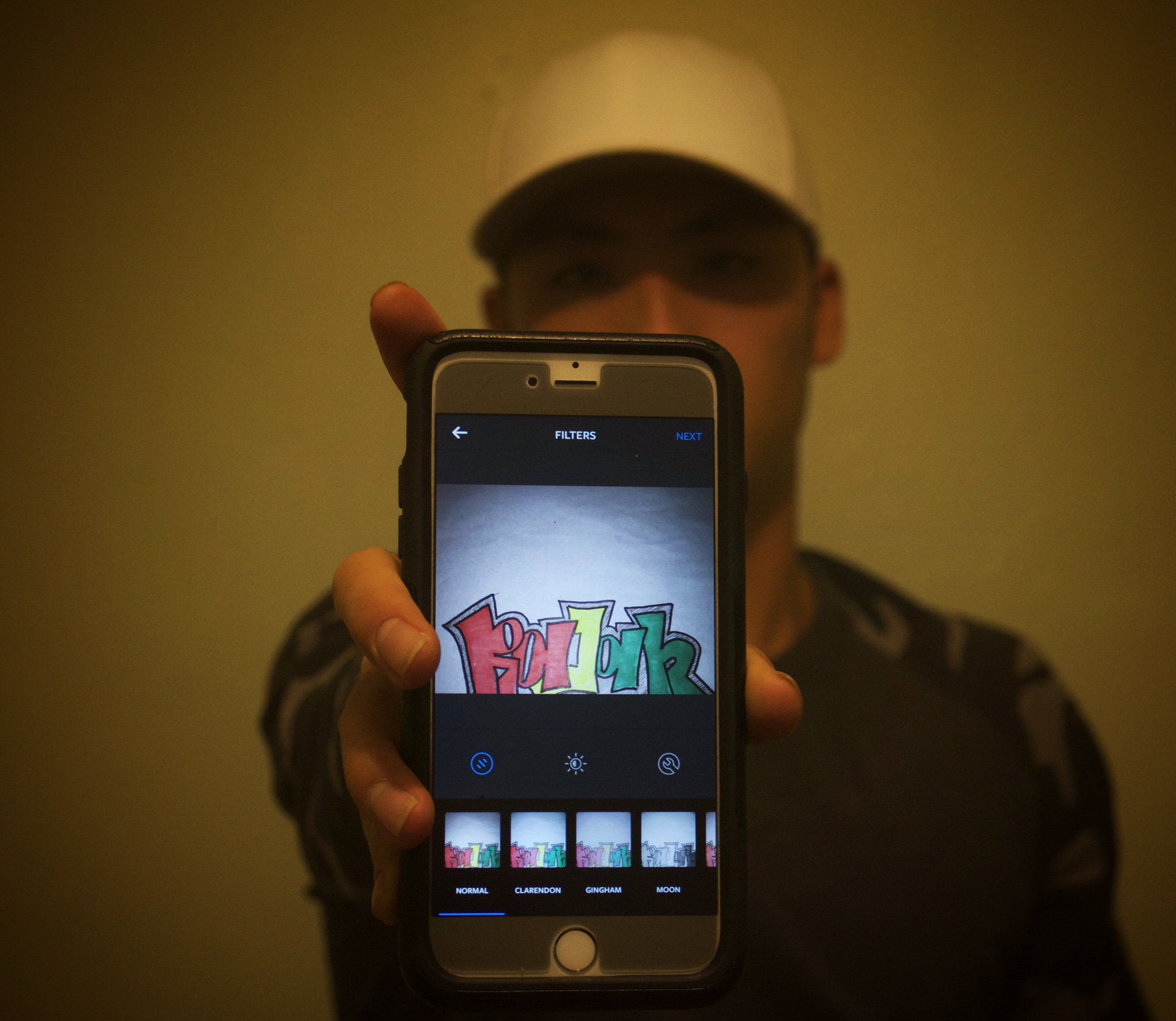Buzzfeed is the next wave of media and news: online social media emerges as a powerful new way to stay up to date
Founded by Jonah Peretti in 2006, BuzzFeed has emerged as one of the most prominent social media websites used today. As stated on the BuzzFeed website, with a global audience of more than 200 million, BuzzFeed provides articulate and up-to-date breaking news, entertainment, original reporting on a number of topics and an array of ways to interact and connect with the social media community.
BuzzFeed’s success comes from the way the information is colorfully presented along with the site’s use of trending social and political topics.
Many news sites can be intimidating and uninviting but BuzzFeed shows it all in a way that doesn’t overwhelm the audience. While many claim it mainly appeals to younger generations, any generation would, in my opinion, benefit from using the site as it mainly focuses on getting large amounts of factual information to the masses.
“I care a lot about the quality of the content we create,” founder Jonah Peretti said in an interview with Business Insider. “I care about if we’re moving the conversation, and does our reporting move the conversation? I care about telling the public new information and breaking a story. I care a lot about whether we’re consistently creating content that people think is worth sharing.”
“BuzzFeed appeals to a wide range of demographics. It’s also becoming much more accessible. At least right now, it is where a lot of people go to find their news and I think it is a reliable source of information because it is all focused on the facts. It also has a lot of pop culture items that relate to our generation,” sophomore Communications major Nichole Hine said.
Additionally, in a New York Times interview, it was stated that most of BuzzFeed’s viewing doesn’t come straight from going directly to the website. BuzzFeed is increasingly showing up on Facebook, Twitter, Pinterest and many more social media sites, which is increasing the popularity of the site and user participation from other sites.
“BuzzFeed, which is based in New York, started in 2006 as a kind of laboratory for viral content—the kinds of highly shareable lists, videos and memes that pepper social media sites,” The New York Times writes, “But in recent years, the company has added more traditional content, building a track record for delivering breaking news and deeply reported articles, and it has tried to marry its two halves in one site.”
“What has really set BuzzFeed apart is its grasp of technology. The company, which now has 550 employees, has been especially successful at distributing its lists and content through mobile devices and through social sites like Facebook and Twitter,” Peretti said in an interview with The New York Times.
While it can be argued that BuzzFeed is not the most reliable source, what sets it apart more than anything is its consistent use of facts. While bias is inherent in any news source, staff diversity lends itself to a more balanced use of sources overall.
For me, BuzzFeed seems like a young and inviting place to get well-rounded stories about almost every topic. BuzzFeed is also highly accessible as it is both a website and an app and it encourages user participation in such a way that it feels like everyday people you meet on the street are able to finally have a voice in a major social platform.
“It is a convenient place to get a little bit of everything. It has the serious and the funny. At the end of the day, maybe it’s not the most reliable news source but for someone trying to stay informed it is a good place to go,” sophomore Mary Ferreira-Wallace said.




